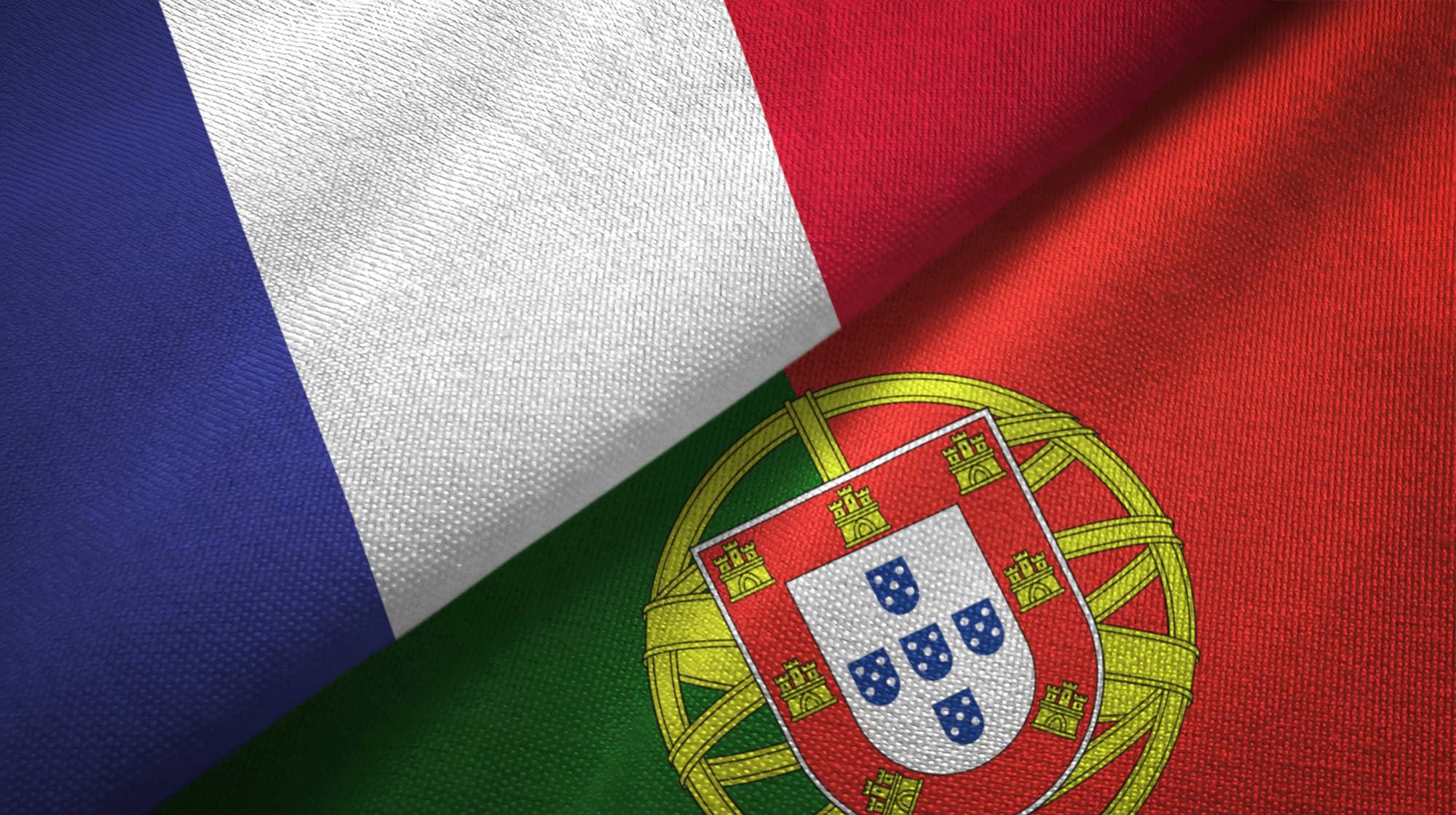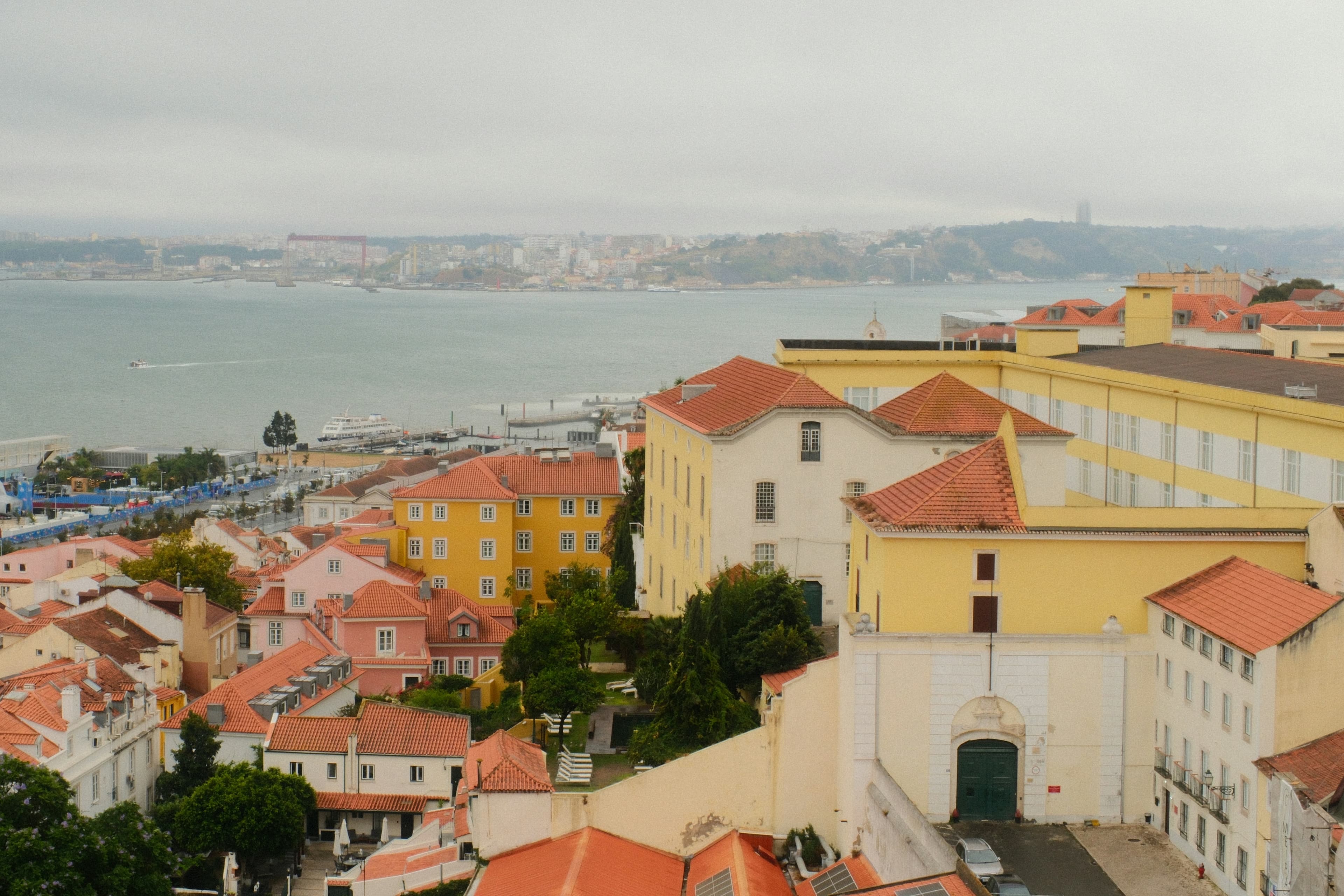
The Cost of Living in Portugal in 2025: Between Reality and Myth
Portugal, still that country where “everything is cheaper”? Yes… well, not quite.
For years, Portugal had that image of a small sunny paradise, where life cost almost nothing, where you could live like a king on a modest salary, and where retirees from Northern Europe came to settle down to “enjoy life.” It was true, a little, once upon a time. But time has passed, low-cost flights multiplied, digital nomads settled in, investors arrived, and prices followed the wave. So, in 2025, how much does it really cost to live in Portugal? And above all, do people live better, or just more expensively under the sun?
The golden myth of cheap living
It all starts with that phrase everyone has heard: “In Portugal, everything is cheaper.”
It is false, but it has become an international slogan, like “Lisbon, the new capital of cool.”
For a long time, the gap between wages and the cost of living created an illusion of comfort. For a foreigner paid remotely, everything did seem affordable. A coffee for 60 cents, a meal for 8 euros, a two-bedroom flat in Lisbon for 700 euros, those were the golden days, the early years of digital migration.
But those days now belong to blog stories from 2018. In 2025, reality is more subtle. Yes, coffee still costs less than one euro, and you can still eat well without spending much. But when it comes to housing, the story is different. Lisbon and Porto have seen rents soar, small coastal towns are no longer well-kept secrets, and even the interior of the country is slowly catching up.
The myth of cheap Portugal still survives in conversations, a bit like that of romantic Paris or peaceful Morocco. But in practice, it is time to revise the idea.
Lisbon and Porto: the capitals that lost their innocence
Lisbon, once a city of old trams and modest rents, has become a full-fledged European metropolis. And like any metropolis, it has its paradoxes: on one hand, a vibrant cultural energy, trendy restaurants, and rooftops that never empty; on the other, rents that would make Barcelona blush, and local residents forced to leave their neighborhoods.
A decent two-bedroom flat in a central area now costs around 1800 euros. In Porto, the difference is not great. The historic districts, whether to the west or in the old town, show prices that locals hardly comment on anymore.
Of course, everything depends on perspective. For someone leaving London or Paris, Lisbon is still “affordable.” But for a Portuguese person earning a local salary – around 1000 to 1300 euros net on average – the calculation is cruel.
Portugal’s big cities have become international, in the economic sense of the word: you pay global prices for a local lifestyle.
The interior of the country: the real bargain… but not for everyone
Once you leave the coast, the numbers change. In rural areas, the cost of living remains moderate, rents are ridiculously low, and daily expenses stay reasonable. This is where authenticity still lives: coffees for 50 cents, lunches for 7 euros, neighbors bringing tomatoes from their garden.
But living in inland Portugal is not just about paying less. It is also about living more slowly, with fewer services, fewer distractions, and sometimes fewer job opportunities. Fiber internet is arriving, but not everywhere; hospitals can be far away, and buses do not always run.
That Portugal remains faithful to its rhythm, calm and human, but it is not for everyone. Those who choose it must appreciate simplicity, community, and a certain return to essentials.
Food: a delicious paradox
Good news: eating remains an affordable pleasure in Portugal. Fresh products are plentiful, markets are full of fruit and fish, and even in big cities it is still possible to eat well without breaking the budget.
But things are changing here too. Supermarkets show steady increases, imported goods are expensive, and the trendy “organic” or “healthy” products are not cheap.
Portuguese people still shop locally, buy fresh fish, warm bread, seasonal vegetables, without spending too much. But for expats used to “international” products, the bill can rise quickly.
Still, Portuguese gastronomy keeps a healthy relationship with food. Eating is not a performance or a guilt, it is a social moment. And that is free, even in 2025.
Salaries and purchasing power: a major imbalance
While the cost of living rises, salaries remain modest.
The minimum wage is around 900 euros net, and even in qualified positions it rarely exceeds 1500. The result is that Portuguese people make do, save, improvise, manage.
That sense of resourcefulness, that ability to do a lot with little, is part of the country’s DNA.
But there is a downside. The middle class is stretched, young graduates leave, and many local families feel they are losing their place in their own country. Policies try, programs change, but the Portuguese economy remains fragile, dependent on tourism and foreign investment.
In short, Portugal attracts, but it does not grow richer at the same pace as those who come to live here.
Newcomers: between admiration and misunderstandings
Foreigners keep arriving, seduced by the climate, the sea, and that sweetness of life so hard to explain.
Some truly integrate, learn the language, understand the country. Others live in bubbles, among themselves, and unintentionally fuel the very price increases they complain about.
The Portuguese, discreet but observant, say nothing, but they see. They see their neighborhoods changing, their cafés becoming trendy, their rents rising. And sometimes they wonder if the Portugal they have always known is slipping away from them.
Still, they remain welcoming. Portugal has that quiet politeness, that ability to receive without losing itself. But that hospitality is not endless. And mutual understanding is becoming essential to keep the dream from turning into misunderstanding.
So, is Portugal still a good deal?
The answer depends on who asks.
For a retired French or Belgian person, living in Portugal is still a comfortable choice, more affordable than at home, with an incomparable climate.
For a digital nomad paid in dollars, it is an ideal balance between quality of life and controlled costs.
But for a Portuguese person, everyday life has become tougher. Rents are a puzzle, purchasing power is shrinking, and the country is dividing between those who benefit from the model and those who suffer from it.
Portugal is no longer the low-cost paradise of the past. It is a country growing, adapting, searching for its balance between authenticity and globalization.
And perhaps that is better this way.
Because Portugal was never meant to be a postcard backdrop. It is a living, vibrant, proud country, where life still has flavor, time, and meaning.
Yes, everything costs a little more. But living here, truly, is still worth every cent.
Share this article
Suggested articles

Cultural Differences Between France and Portugal in Everyday Life
France and Portugal share a long common history built on respect and friendship. But living between the two countries means discovering how much small habits, ways of speaking, or daily routines differ. These cultural nuances, sometimes amusing, sometimes surprising, reveal a lot about the character of both peoples. Between lifestyle, communication, cuisine, family, or work, this is a journey into the heart of the French-Portuguese differences that make this relationship so rich.

Buy or Rent in Portugal: Which Housing Choice?
Portugal continues to attract: mild climate, vibrant culture, sunny gastronomy, and a relaxed pace of life. But when the time comes to settle or invest, one big question arises: should you buy or rent? The choice of housing, often emotional, becomes here a truly strategic decision. This guide helps you understand the differences, weigh the advantages, and choose the solution that best suits your project.

Truly Integrating into Portugal: Understanding the Local Mentality
There are countries where you arrive, unpack your bags, learn three words of the language, and think, “I’m integrated.” Portugal isn’t that kind of country. Here, integration isn’t about ticking boxes. It’s a slow conquest, a story of listening, of observation, of small gestures, and above all, of humility.

Mistakes to avoid when moving to Portugal
It’s a common mistake: imagining that moving to Portugal means leaving all modern life’s problems behind. The country may be welcoming, stable and warm, but it’s still a European nation with its own challenges.

Living in Portugal without speaking Portuguese myth or reality
Portugal is one of those rare countries where you can arrive without feeling completely lost. Young people speak English fluently, waiters switch easily between several languages, and even in public offices there’s almost always someone ready to help in French or Spanish. It’s not a myth: the Portuguese have a real talent for languages and, above all, they never make you feel bad for not speaking theirs.

The Most Popular Neighborhoods for Expats in Lisbon and Porto
Moving to Portugal has become, in recent years, a true social phenomenon. Between quality of life, mild climate, and warm hospitality, more and more expats are choosing Lisbon or Porto as their new home. But beyond clichés and postcards, each neighborhood has its own personality, atmosphere, and secrets. Let’s explore together the places most beloved by expats, where Portuguese authenticity meets modern comfort and a cosmopolitan spirit.


